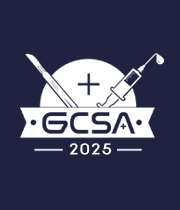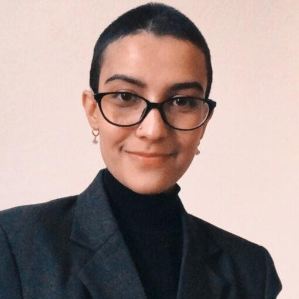Title : Shedding light on the rare and overlooked disease: Establishing nepals first vascular malformation support group
Abstract:
Vascular malformations (VMs) are rare, complex congenital anomalies that are frequently misdiagnosed as simple birthmarks, leading to significant delays in diagnosis and treatment. In Nepal, a low- and middle-income country (LMIC), the challenges surrounding VMs extend beyond medical limitations. Patients often face social stigma, psychological distress, and a profound lack of support due to the limited awareness among healthcare providers and the general public. Despite the debilitating impact of these conditions, there has been no formal support network in Nepal to provide guidance, advocacy, or emotional reassurance to those affected.
Recognizing this urgent need, we initiated Nepal’s first vascular malformation support group, aiming to bridge the gap between medical care and patient well-being. This initiative was designed to empower individuals living with VMs, provide them with a safe space for sharing experiences, and improve awareness among healthcare professionals. The group, consisting of 60 patients ranging from 2 to 42 years old, also actively engaged parents of younger children to ensure a comprehensive support system. Monthly meetings were organized to facilitate discussions on personal experiences, provide educational resources on available treatment options, and promote mental health resilience.
The impact of this initiative has been profound. More than 85% of participants reported a significant reduction in feelings of isolation, while 75% observed improvements in their mental health and self-esteem. A remarkable 90% of patients gained a deeper understanding of their condition, enabling them to make informed decisions about their healthcare. Furthermore, treatment-seeking behavior improved in 80% of participants, demonstrating the power of community-driven advocacy in enhancing medical engagement. Parents, in particular, expressed immense relief, with 95% stating that their understanding of their child’s condition had improved, leading to better caregiving and emotional support.
This presentation will explore the process of establishing and sustaining this pioneering support group, the challenges faced in implementing it within Nepal’s existing healthcare framework, and the broader implications for patient advocacy in LMICs. It will highlight the importance of integrating psychosocial support with medical care, particularly in regions where rare diseases remain underrecognized. By sharing our journey, we hope to inspire healthcare professionals, policymakers, and patient advocates to develop similar initiatives that can transform patient outcomes, foster awareness, and build more inclusive healthcare systems for those living with rare and neglected conditions.


